
Kód: 05284015
Language and Power in the Discourse of an Islamist Thinker
Autor Brahim Hiba
Master's Thesis from the year 2012 in the subject Communications - Miscellaneous, grade: with honours, University Hassan II. Casablanca (the Faculty of Letters and Human Sciences - Ain Chock), course: Language and Society, languag ... celý popis
- Jazyk:
 Angličtina
Angličtina - Vazba: Brožovaná
- Počet stran: 168
Nakladatelství: Grin Publishing, 2013
- Více informací o knize

Mohlo by se vám také líbit
-
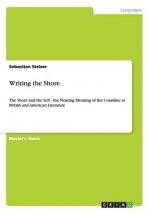
Writing the Shore
1704 Kč -
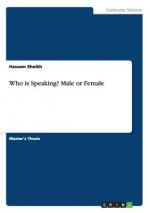
Who is Speaking? Male or Female
1624 Kč -
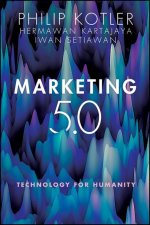
Marketing 5.0 - Technology for Humanity
575 Kč -

Red Seas Under Red Skies
517 Kč -

Ignition!
821 Kč -

Great Paintings
581 Kč -

When You Find My Body
633 Kč -

My Bucket List Journal
312 Kč -
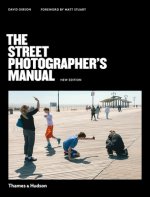
Street Photographer's Manual
489 Kč -

Future Is Faster Than You Think
556 Kč -
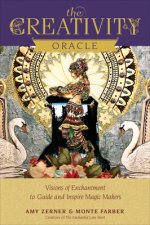
The Creativity Oracle
813 Kč -
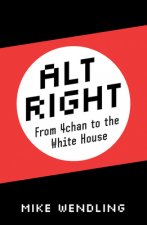
Alt-Right
507 Kč -

Flower Colour Theory
712 Kč -

The Star Wars Archives. 1977-1983. 40th Ed.
599 Kč -
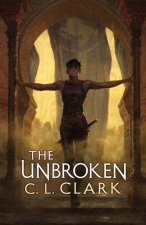
The Unbroken
478 Kč -

Crochet Colorwork Made Easy
516 Kč -
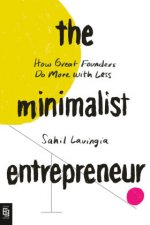
Minimalist Entrepreneur
543 Kč -

Home Field Advantage
400 Kč -

Neuronal Grafting and Alzheimer's Disease
1681 Kč -

Lang Lang Piano Academy: mastering the piano level 2
342 Kč -
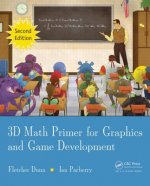
3D Math Primer for Graphics and Game Development
3666 Kč -

Crush It!
510 Kč -
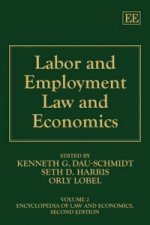
Labor and Employment Law and Economics
7267 Kč -

Writer Who Stayed
492 Kč -

Introvert's Edge
406 Kč -

My Grandmother Sends Her Regards and Apologises
276 Kč -
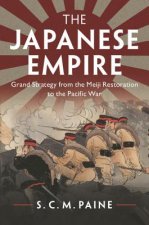
Japanese Empire
637 Kč -

Dragon Age: The World Of Thedas Volume 2
1008 Kč -

003/Die Insel der letzten Rache
262 Kč -
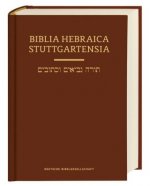
Biblia Hebraica Stuttgartensia
945 Kč -
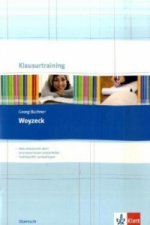
Georg Büchner: Woyzeck
241 Kč -

Netti's Weihnachtswelt
329 Kč -
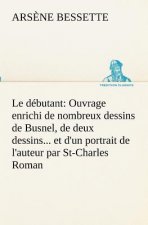
debutant
987 Kč -

Fashion Illustration Book
594 Kč -

STAR TREK PICARD - 3 BRD
820 Kč
Dárkový poukaz: Radost zaručena
- Darujte poukaz v libovolné hodnotě a my se postaráme o zbytek.
- Poukaz se vztahuje na celou naši nabídku.
- Elektronický poukaz vytisknete z e-mailu a můžete ihned darovat.
- Platnost poukazu je 12 měsíců od data vystavení.
Více informací o knize Language and Power in the Discourse of an Islamist Thinker
Nákupem získáte 250 bodů
 Anotace knihy
Anotace knihy
Master's Thesis from the year 2012 in the subject Communications - Miscellaneous, grade: with honours, University Hassan II. Casablanca (the Faculty of Letters and Human Sciences - Ain Chock), course: Language and Society, language: English, abstract: Language is not a mere means of communication; it is a form of social practice that reflects the ideology and the socio-political ambitions of the person or the social group using that language (Fairclough, 1989). This study aims at exploring the relationships between language and ideology and how such relationships are represented in the talk of an Islamist Egyptian thinker; the analysis of the latter s talk was done according to Fairclough s model of Critical Discourse Analysis (1989). Critical Discourse Analysis is defined by van Dijk as a linguistic discipline which studies the relationships between discourse and social power. More specifically, Critical Discourse Analysis describes and explains how power abuse is enacted, reproduced or legitimized by the text and talk of dominant groups or institutions (1996: 84). CDA (Critical Discourse Analysis) aims at analyzing hegemonic and manipulative discourses in society to uncover the mechanisms that have made those discourses hegemonic and manipulative. The ultimate purpose of any CDA study is to unravel the underlying hidden agenda which is left implicit in the discourse and to criticize it. The data base of this study is 26 excerpts taken from the talk of an Egyptian Islamist thinker who has been invited to a religious TV talk show to give his opinions about secularism in the Arab World. The excerpts have been analyzed within the framework of CDA. More specifically, the excerpts have been analyzed at two major levels: the rhetorical level and the argumentative level. The analysis of the former has been done in terms of the rhetorical elements that construct the majority of discourses such as transitivity, modality, agency, nominalization, passivization, lexicalization, intertextuality, and figures of speech. On the other hand, the analysis of the argumentative aspect has been done in terms of the types of premises and logical arguments that are used in the Islamist thinker s discourse.
 Parametry knihy
Parametry knihy
Zařazení knihy Knihy v angličtině Reference, information & interdisciplinary subjects Interdisciplinary studies Communication studies
2499 Kč
- Plný název: Language and Power in the Discourse of an Islamist Thinker
- Podnázev: A Case Study
- Autor: Brahim Hiba
- Jazyk:
 Angličtina
Angličtina - Vazba: Brožovaná
- Počet stran: 168
- EAN: 9783656446699
- ISBN: 3656446695
- ID: 05284015
- Nakladatelství: Grin Publishing
- Hmotnost: 227 g
- Rozměry: 210 × 148 × 10 mm
- Datum vydání: 19. June 2013
Oblíbené z jiného soudku
-
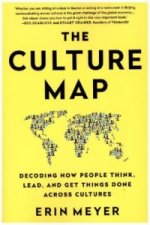
The Culture Map
462 Kč -

Nonviolent Communication: A Language of Life
445 Kč -
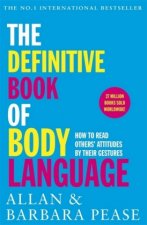
The Definitive Book of Body Language
306 Kč -
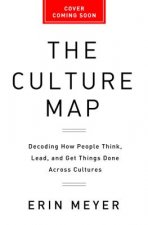
The Culture Map
541 Kč -

Fierce Conversations
410 Kč -

New Rules of Marketing & PR: How to Use Conten t Marketing, Podcasting, Social Media, AI, Live Vi deo, and Newsjacking to Reach Buyers Directly
555 Kč -
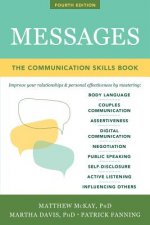
Messages
567 Kč -
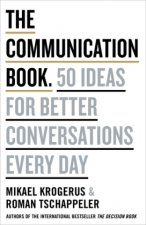
Communication Book
306 Kč -

Nonviolent Commun Comp Workbook
444 Kč -
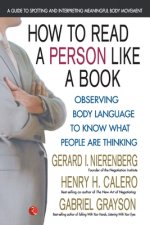
How to Read a Person Like a Book
496 Kč -
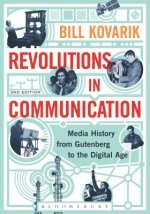
Revolutions in Communication
1150 Kč -
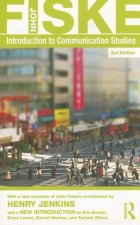
Introduction to Communication Studies
882 Kč -
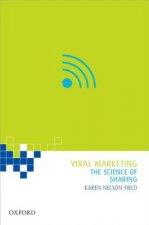
Viral Marketing
717 Kč -

Impossible to Ignore: Creating Memorable Content to Influence Decisions
549 Kč -
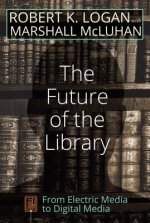
Future of the Library
1770 Kč -

Athanasius Kircher
1415 Kč -
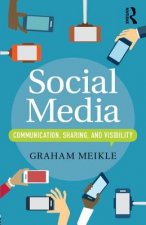
Social Media
1441 Kč -
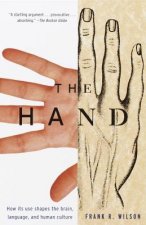
Hand
458 Kč -
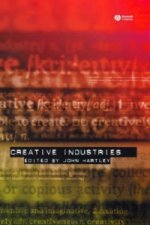
Creative Industries
1264 Kč -
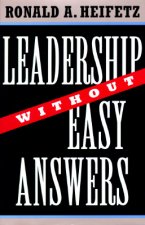
Leadership Without Easy Answers
1313 Kč -
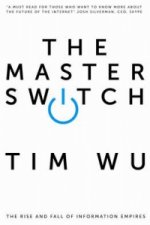
Master Switch
303 Kč -

Book Of Tells
357 Kč -
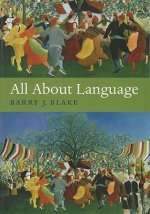
All About Language
894 Kč -
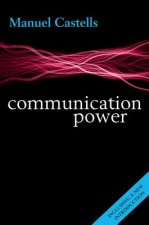
Communication Power
673 Kč -

Decoding Advertisements
532 Kč -
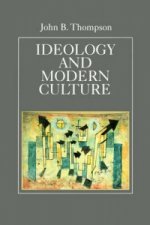
Ideology and Modern Culture - Critical Social Theory in the Era of Mass Communication
592 Kč -
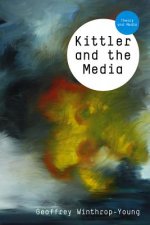
Kittler and the Media
760 Kč -
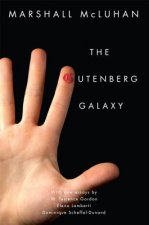
Gutenberg Galaxy
1256 Kč -
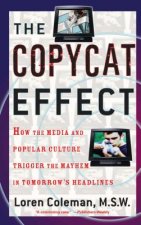
Copycat Effect
483 Kč -
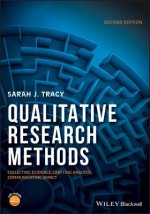
Qualitative Research Methods - Collecting Evidence Crafting Analysis, Communicating Impact 2e
1698 Kč -
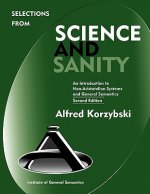
Selections from Science and Sanity, Second Edition
1104 Kč -
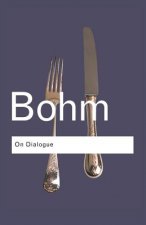
On Dialogue
574 Kč -

Techniques of Close Reading
3935 Kč -
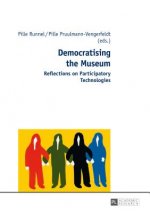
Democratising the Museum
2846 Kč -
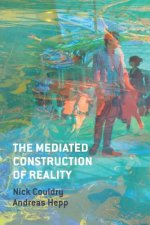
Mediated Construction of Reality
650 Kč -

Body Language Bible
410 Kč -
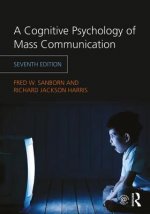
Cognitive Psychology of Mass Communication
2511 Kč -
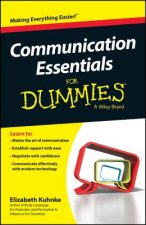
Communication Essentials For Dummies
344 Kč -
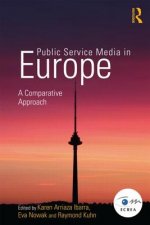
Public Service Media in Europe: A Comparative Approach
1626 Kč -
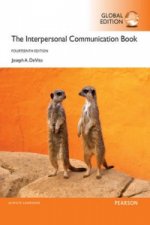
Interpersonal Communication Book, Global Edition
834 Kč -
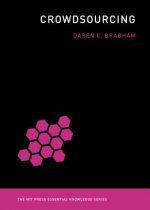
Crowdsourcing
405 Kč -
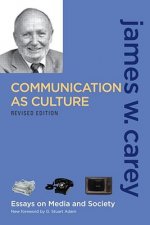
Communication as Culture, Revised Edition
1701 Kč -
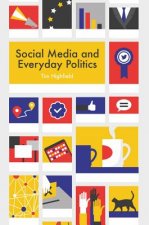
Social Media and Everyday Politics
751 Kč -

Health Writer's Handbook Second Edition
2459 Kč -

Walking Your Talk
605 Kč -
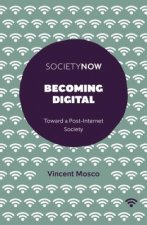
Becoming Digital
845 Kč -

Technology, Society and Inequality
1617 Kč -

Listening, Thinking, Being
1024 Kč -
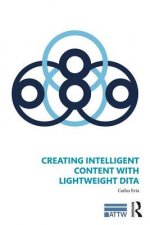
Creating Intelligent Content with Lightweight DITA
1702 Kč
Osobní odběr Praha, Brno a 12903 dalších
Copyright ©2008-24 nejlevnejsi-knihy.cz Všechna práva vyhrazenaSoukromíCookies



 Vrácení do měsíce
Vrácení do měsíce 571 999 099 (8-15.30h)
571 999 099 (8-15.30h)